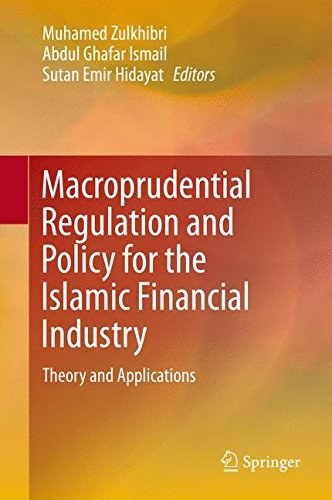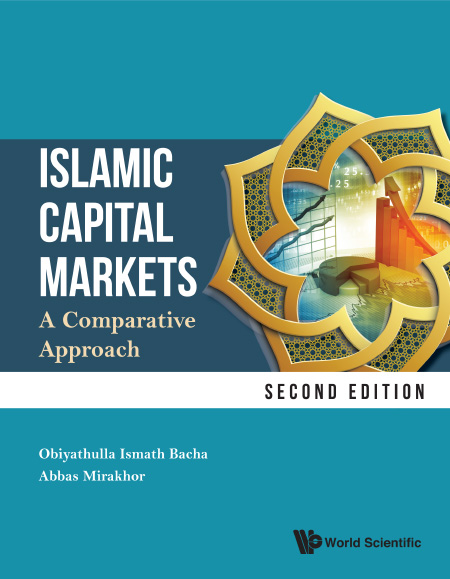Understanding Islamic Commercial Loans: A Comprehensive Guide to Ethical Financing Options
#### Islamic Commercial LoansIslamic commercial loans are financial products designed to comply with Islamic law (Sharia). Unlike conventional loans that ty……
#### Islamic Commercial Loans
Islamic commercial loans are financial products designed to comply with Islamic law (Sharia). Unlike conventional loans that typically involve interest (riba), Islamic financing operates on principles that promote fairness, transparency, and ethical investment. This guide aims to provide a thorough understanding of Islamic commercial loans, their structure, benefits, and how they differ from traditional financing methods.
#### What are Islamic Commercial Loans?
Islamic commercial loans refer to various financial instruments that adhere to Sharia principles. These loans do not involve interest payments and instead utilize profit-sharing, leasing, or partnership structures. The primary objective is to ensure that the financing process is equitable and that both the lender and borrower share the risks and rewards of the investment.
#### Key Features of Islamic Commercial Loans
1. **Prohibition of Riba (Interest)**: One of the fundamental principles of Islamic finance is the prohibition of interest. Instead of earning interest on loans, lenders may earn profits through partnerships or equity participation.
2. **Risk Sharing**: Islamic commercial loans emphasize the sharing of risk between the lender and borrower. This aligns the interests of both parties and encourages responsible borrowing and lending practices.

3. **Asset-Backed Financing**: Islamic finance requires that transactions be backed by tangible assets or services. This ensures that the financing is grounded in real economic activity, promoting stability and reducing speculation.
4. **Ethical Investments**: Investments made through Islamic commercial loans must comply with ethical guidelines. This means that funds cannot be used for activities considered haram (forbidden), such as gambling, alcohol, or pork-related businesses.
#### Types of Islamic Commercial Loans
There are several types of Islamic commercial loans, each with its unique structure:
1. **Murabaha**: This is a cost-plus financing structure where the lender purchases an asset and sells it to the borrower at a marked-up price. The borrower pays the price in installments, but the profit margin is agreed upon upfront.

2. **Mudarabah**: This is a partnership where one party provides capital while the other manages the investment. Profits are shared according to a pre-agreed ratio, but in case of loss, only the capital provider loses.
3. **Musharakah**: Similar to Mudarabah, this partnership involves both parties contributing capital and sharing profits and losses based on their investment ratio.
4. **Ijara**: This is a leasing agreement where the lender buys an asset and leases it to the borrower for a specific period. At the end of the lease term, the borrower may have the option to purchase the asset.
#### Benefits of Islamic Commercial Loans
- **Ethical Financing**: Islamic commercial loans promote ethical investment practices, aligning financial activities with moral values.

- **Risk Mitigation**: The shared risk approach reduces the burden on borrowers, making it a more sustainable option for businesses.
- **Access to Capital**: For entrepreneurs and businesses seeking funding, Islamic financing provides an alternative to traditional loans, especially in regions where conventional banking is less accessible.
#### Conclusion
Islamic commercial loans represent a viable alternative to conventional financing methods, offering ethical and equitable solutions for businesses and entrepreneurs. By understanding the principles and structures of these loans, individuals can make informed decisions that align with their financial needs and ethical beliefs. As the demand for ethical financing continues to grow, Islamic commercial loans are poised to play a significant role in the global financial landscape.